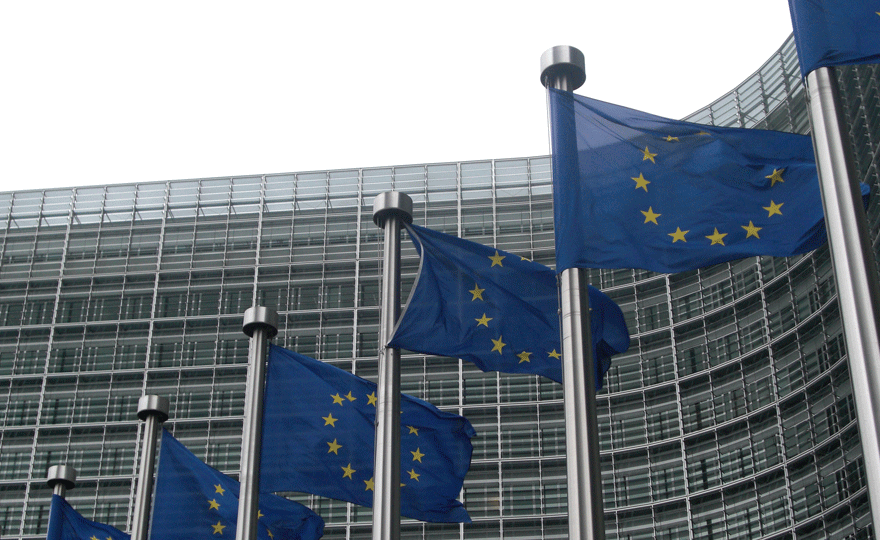ClientEarth Communications
17th December 2019


This webinar will provide you with a step by step approach to requesting environmental information from EU bodies and challenging refusals.
It is intended for public interest lawyers, judges, public authorities and NGOs and organised within the EARL A2J project (Access to Justice - Education and Awareness raising of Legal professionals), funded by the European Commission LIFE programme.
Presenters: Anne Friel & Sebastian Bechtel, “Environmental Democracy” Programme, ClientEarth.
Introduction
1.Making an access to information request
a. What can you request vs what not
b. Tips on how to phrase the request
c. What to avoid
d. Using Asktheeu.org
2. How to challenge a refusal (confirmatory application)
a. Factors to consider when deciding whether to challenge
b. How to calculate the deadline
c. Tips on how to phrase a confirmatory application
d. Some standard arguments
3. Challenging a negative decision at the EU Ombudsman / the Court
a. Factors to consider whether to challenge
b. How to decide: EU Ombudsman or EU General Court
c. Introduction to the procedure : EU Ombudsman; EU courts
10-15 minutes: Both speakers address broader questions raised during the presentations.
Access to Justice is a fundamental means through which citizens and NGOs can support the implementation and enforcement of laws and policies to protect the environment. The goal of this ATOJ-EARL project is to achieve “Access to Justice for a Greener Europe”. It strives to enhance access to justice in environmental matters by providing information, training and support for the judiciary, public authorities and lawyers of eight European member states. ClientEarth and Justice and Environment are implementing this project with the financial support of the European Commission’s LIFE instrument.
